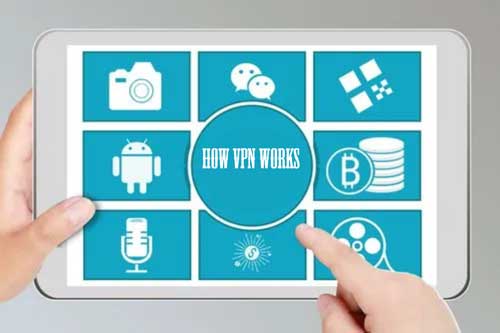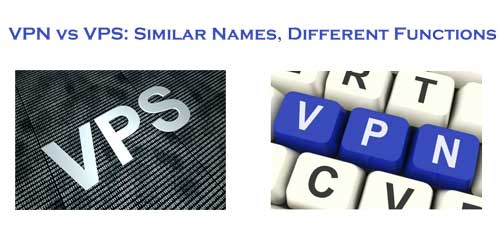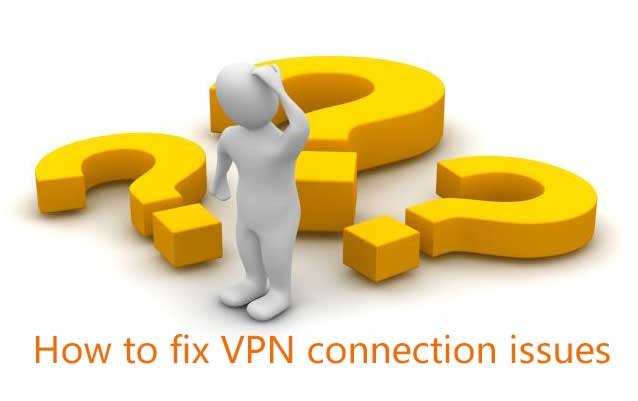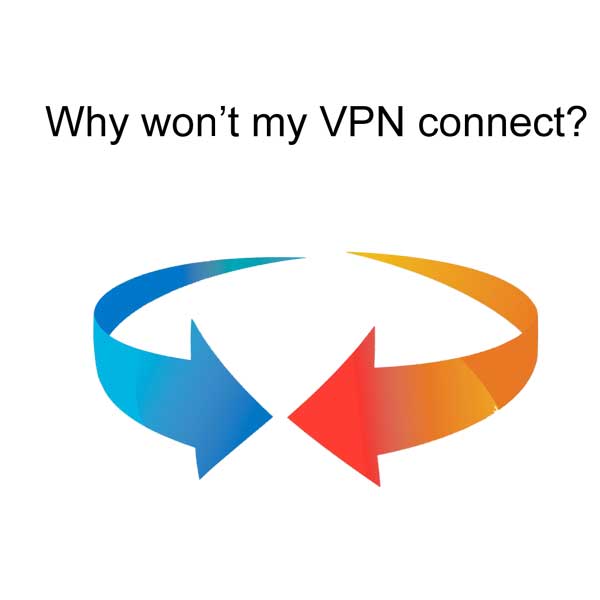The existence of blockchains, cryptocurrencies, and other Web3 assets is only possible through data exchanges over the internet. While blockchain technology is supposed to be transparent and secure, there are some inherent flaws that leave it vulnerable to hackers. Because of this, it is advisable for anyone who owns digital assets to use a crypto VPN to keep their transactions secure and their information private.
What is Blockchain VPN?
Sometimes called crypto VPNs, blockchain VPNs are virtual private networks that are compatible with digital assets such as crypto coins, NFTs, and DeFi (Decentralized Finance) assets. For advanced crypto traders—or even those just taking their first steps into Web3—using VPNs for crypto adds an important layer of security. Because VPNs encrypt all traffic sent across their networks, it makes it much more challenging for malicious actors to hack into a crypto wallet and steal the assets contained within.
Why Do I Need a VPN for Crypto?
Although cryptocurrencies and blockchains technically offer secure transactions through cryptography, there are some inherent vulnerabilities within the system. One of the advantages of trading assets on blockchains is that all transactions are transparent and anonymous—users trade their assets through a wallet address, without any identifiable real-life details. However, the way blockchain technology operates means that these transactions are trackable and, therefore, vulnerable to hacking.
A few ways in which cybercriminals can hack into a crypto wallet include:
Tracing the wallet’s address to the owner’s real IP address to find their location and identity.
Hosting fake crypto trading competitions and stealing participants’ data.
Installing malware on a user’s device which in turn installs a coin-mining software—this is called cryptojacking.
How to Choose the Best VPN for Crypto Trading
A crypto VPN is a good investment for anyone involved with Web3, but it is especially important for high-level crypto users. But with so many VPNs available, how can users ensure they are using the best VPN for crypto? Here are a few things to consider:
Strong encryption protocols (good VPNs use military-grade encryption such as AES-256)
IP leak protection (look for phrases like IPv6 or DNS)
Compatibility with cryptocurrencies and other digital assets
Reliable customer support
A kill switch (to disconnect the device from the internet if the VPN connection fails)
A zero-logs policy (so that it doesn’t store data and, potentially, provide it to other entities)
Split tunneling (to ensure the connection does not slow)
A secure base country that prioritizes user privacy and does not engage in mass surveillance, such as Switzerland or Panama
Obfuscation (this makes VPN traffic look like normal online activity)
When it comes to VPNs for crypto trading, it’s important to keep in mind that the best options often require a subscription fee. Paid VPNs typically offer a higher level of service compared to free versions, which means they tend to provide enhanced security and reliability.








